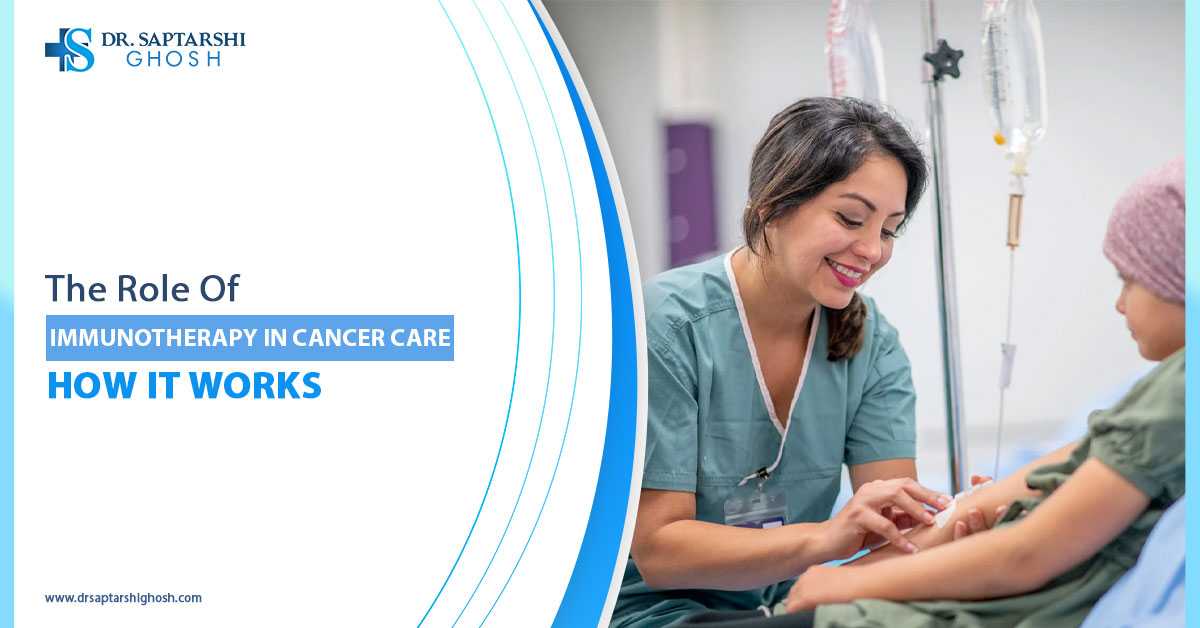Carcinoma in situ, also known as stage 0 breast cancer, is a non-invasive disease. In this stage, cancer cells are in the breast milk duct lining, but have not yet spread. The American Cancer Society (ACS) estimates that about 20% of all breast cancers have stage 0 DCIS.
Know about the signs and symptoms of Stage 0 breast cancer as well as the potential treatments. To get successful treatment in gyneac oncology in Siliguri, visit the leading oncologist in town. The five-year relative survival rate for patients with Stage 0 breast cancer, which has not progressed outside of the breast tissue, is 99%. Therefore, early diagnosis here is key to optimal outcomes.
Overview of Stage Zero Breast Cancer
It is the earliest form of breast cancer (ductal carcinoma in situ, or DCIS)."In situ" implies "in the original place".Although Stage 0 is the earliest stage of breast cancer, it is still vital to see a doctor and discuss treatment choices with a healthcare team.
Typically, DCIS is diagnosed during mammography, which is used to check for breast cancer or to look into a breast bulge or tumor. It is unlikely that DCIS will become life-threatening. Non-invasive, preinvasive, and stage 0 breast cancer are some of its other names.
This stage of breast cancer more often needs surgery, which may involve further treatments like radiation therapy, hormone therapy, biologically targeted therapy, or else.
Knowing the Symptoms of Stage Zero Breast Cancer
Often, there are no symptoms associated with ductal carcinoma in situ (stage 0 breast cancer). DCIS can occasionally cause symptoms like:
- A lump in the breast.
- Bloody discharge from the nipples.
- A patch of skin that is puckered or otherwise odd.
For the early diagnosis of stage 0 breast cancer, regular mammograms are crucial because symptoms are not usually common. Generally, medical experts advise starting routine breast cancer screening in your 40s, especially if you’re at high risk.
Stage 0 Breast Cancer Diagnosis and Treatment
A mammography is usually used to detect stage 0 breast cancer before any outward signs appear. If a problem is visible, more examinations might be carried out, such as:
Breast Ultrasound. This imaging testhelps assess the degree of abnormal cell development and offers a better image of the breast tissue.
Biopsy. To better understand whether cancerous or precancerous cells are present, a sample of breast tissue is removed for laboratory examination.A pathologist will mention the presence of cancer cells and, if present.
The goal of treatment for Stage 0 breast cancer is to stop the disease from becoming invasive. Common treatment options:
Surgery
- Lumpectomy. A breast cancer surgeon will removethe breast cancer and some surrounding healthy tissue during a lumpectomy for stage 0 breast cancer. There is no removal of the remaining breast tissue. The majority of patients who have a lumpectomy for DCIS also receive radiation treatment.GyneacOncology in Siliguri offers personalized treatment for optimal recovery.
- Mastectomy. For the majority of DCIS cases, a lumpectomy is a suitable option. However, an oncologist may advise a mastectomy if there is a large area or multiple areas of DCIS. Plus, if you’re not a good candidate for radiation therapy, your doctor may suggest a mastectomy for stage zero breast cancer.
Radiation Therapy
External beam radiation is more common in DCIS treatment. Following a lumpectomy, radiation therapy is often started to kill any cancer cells (generally 3-4 weeks after surgery).
Hormone Therapy
Hormone treatment is usually given for DCIS following radiation or surgery. It reduces the risk of breast cancer recurrence after stage zero breast cancer surgery. Doctors may use selective estrogen receptor modulators to block hormones attaching to cancer cells. They also may consider aromatase inhibitors that prevent the body from producingestrogenhormones after menopause.
When diagnosed early, the survival rate of stage 0 breast cancer is very high. There are currently no alternative treatments that can cure ductal carcinoma in situ. However, a healthy lifestyle in combination with medical care can ensure the best possible outcomes for DCIS. You might consult Dr. Saptarshi Ghosh for effective cancer treatment in Siliguri City.






